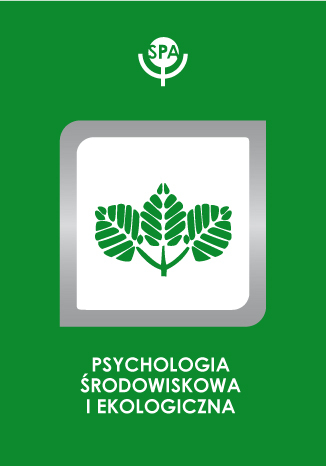Array
(
[id] => 615
[date] => 2019-06-29
[doi] =>
[title] => Psychospołeczne uwarunkowania zmian makrostrukturalnych: Koncepcja zgromadzenia agoralnego
[title_en] => THE AGORAL GATHERINGS WHICH HAVE CHANGED THE POLITICAL FACE OF THE CENTRAL AND EASTERN EUROPE
[authors] => Adam Biela
[abstract] => The paper extends the conception of agoral gathering as a new concept in collective behaviour (Biela, 1989) and interprets the large-scale political transformations in Central and Eastern Europe of 90’s in terms of peaceful collective behaviours as a political alternative for the post-communist countries. There is empirical evidence as that in such countries Poland, Hungary, Czechoslovakia, Bulgaria, East Germany, Russia, Lithuania, Latvia, Estonia and Albania took place the peaceful collective behaviours which had the all constitutive characteristics of the agoral gathering (i.e. 1. higher–values–oriented motives of the participants; 2. non-violent intentions of the participants; 3. voluntary participation; 4. publicity of the assembly; 5. mass scale of the gathering; 6, experiencing the spiritual unity among the participants and the social meaning of the gathering; and 7. positive social impact of the gathering). The outcome of the agoral gatherings was a blood less collapse of the totalitarian system in the countries where these collective behaviours really existed. The analysis shows that the gigantic social power was created and the agoral gatherings were able to reconstruct the social, political and even military order in Europe of 90’s.
[abstract_en] => The paper extends the conception of agoral gathering as a new concept in collective behaviour (Biela, 1989) and interprets the large-scale political transformations in Central and Eastern Europe of 90’s in terms of peaceful collective behaviours as a political alternative for the post-communist countries. There is empirical evidence as that in such countries Poland, Hungary, Czechoslovakia, Bulgaria, East Germany, Russia, Lithuania, Latvia, Estonia and Albania took place the peaceful collective behaviours which had the all constitutive characteristics of the agoral gathering (i.e. 1. higher–values–oriented motives of the participants; 2. non-violent intentions of the participants; 3. voluntary participation; 4. publicity of the assembly; 5. mass scale of the gathering; 6, experiencing the spiritual unity among the participants and the social meaning of the gathering; and 7. positive social impact of the gathering). The outcome of the agoral gatherings was a blood less collapse of the totalitarian system in the countries where these collective behaviours really existed. The analysis shows that the gigantic social power was created and the agoral gatherings were able to reconstruct the social, political and even military order in Europe of 90’s.
[keywords] => agoral gathering, social change, political change
[keywords_en] => agoral gathering, social change, political change
[file_path] => /files/articles/2007-13-psychospoeczne-uwarunkowania-zmian-makrostrukturalnych_-koncepcja-zgromadzenia-agoralnego.pdf
[okladka] => psychologia_srodowiska_I_ekologiczna.jpg
[rocznik] => Rocznik: 2007 Tom: 13 Numer: 2
[strony] => 75-86
)










 Pobierz pełny tekst
Pobierz pełny tekst



